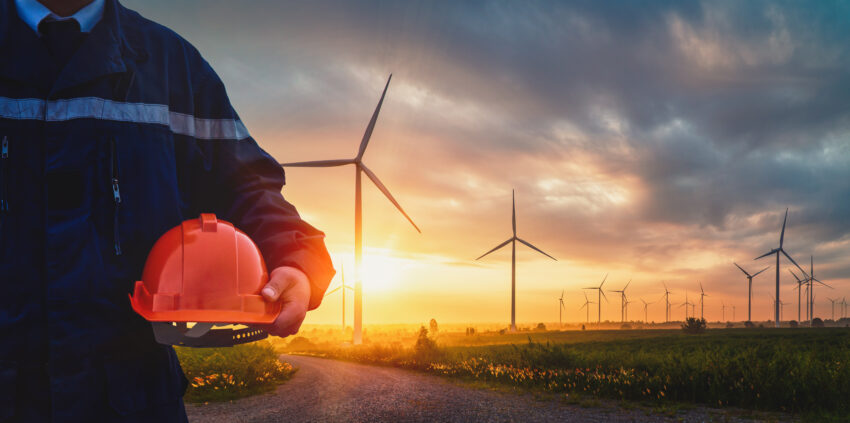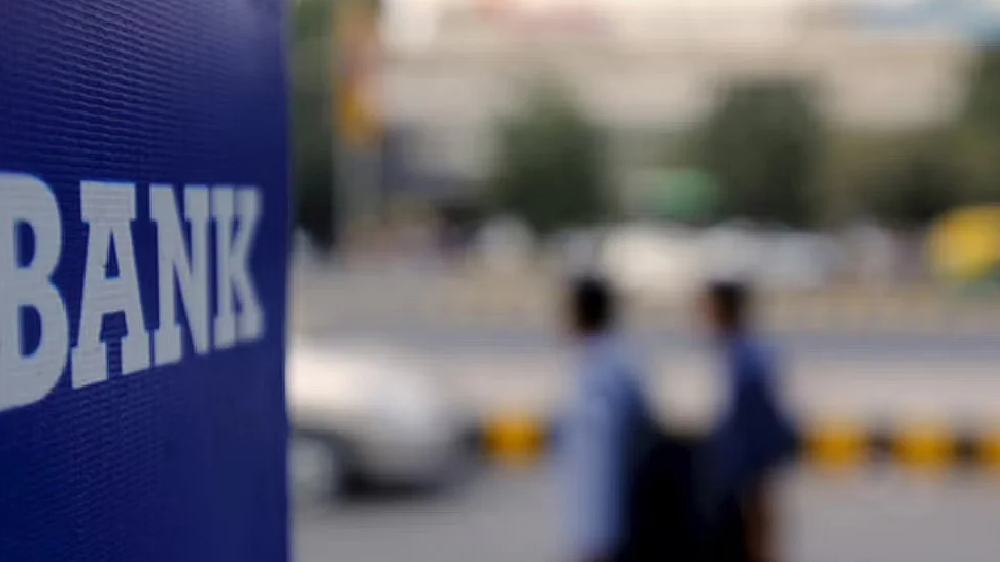Energy Subsectors
- Home
- Energy Subsectors

Hydro-Power subsector
Rwanda’s major Rivers have proven 333 potential sites for Micro-hydropower countrywide.

Solar subsector
Energy Private Developers (EPD) has currently registered over 40 solar companies who have invested in Solar Home System (SHS) business.

Mini-Grid and C&I Sub-sector
A solar mini-grid consists of three main systems: production, distribution, and end-user.

E-Mobility Sub-Sector
To become a carbon neutral and climate resilient economy by 2050, Rwanda has prioritised the transition to e-mobility for both public and private vehicles

Clean Cooking Sub-Sector
The National Energy Policy and Strategy recognizes the use of clean cooking technologies as having serious hazardous environmental implications when not properly managed.

Productive use of Renewable Energy(PURE) Sub-Sector
The Government of Rwanda aims to accelerate access to electricity through off-grid solutions including mini-grids that can provide higher levels of electricity to both households, and small and medium businesses.

Energy Female Inclusion(EFI) Sub-Sector
The gender profile in energy sector was developed to gather relevant qualitative and quantitative baseline data on the status, attitudes and access to energy services and track how the sector is delivering on gender equality promotion.

Professional services and Scientists Sub-Sector
Find detailed information on Professional, Scientific, and Technical Services companies in Rwanda, including financial statements, sales and marketing contacts, top competitors, and firmographic insights.

Methane Gas sub-Sector
Methane Gas in Rwanda is found in Lake Kivu in the Eastern African Rift Zone and the DRC. The 2,400 sq.km lake contains high concentrations of naturally occurring methane gas (CH4) and carbon dioxide (CO2), with the highest concentrations at depths ranging from 270m to 500m.

Academia and research
Different analytical techniques are used at different stages of battery manufacture and recycling to detect and measure performance and safety properties such as impurities and material composition.

Insurance companies and Banks
Both banks and insurance companies are financial intermediaries. However, their functions are different. An insurance company ensures its customers against certain risks,

Manufactures, Logistics and Suppliers
Energy logistics & supply chain companies can cater to your various needs like turnkey staffing, temperature-controlled warehouses, global shipping solutions, and much more at the same time